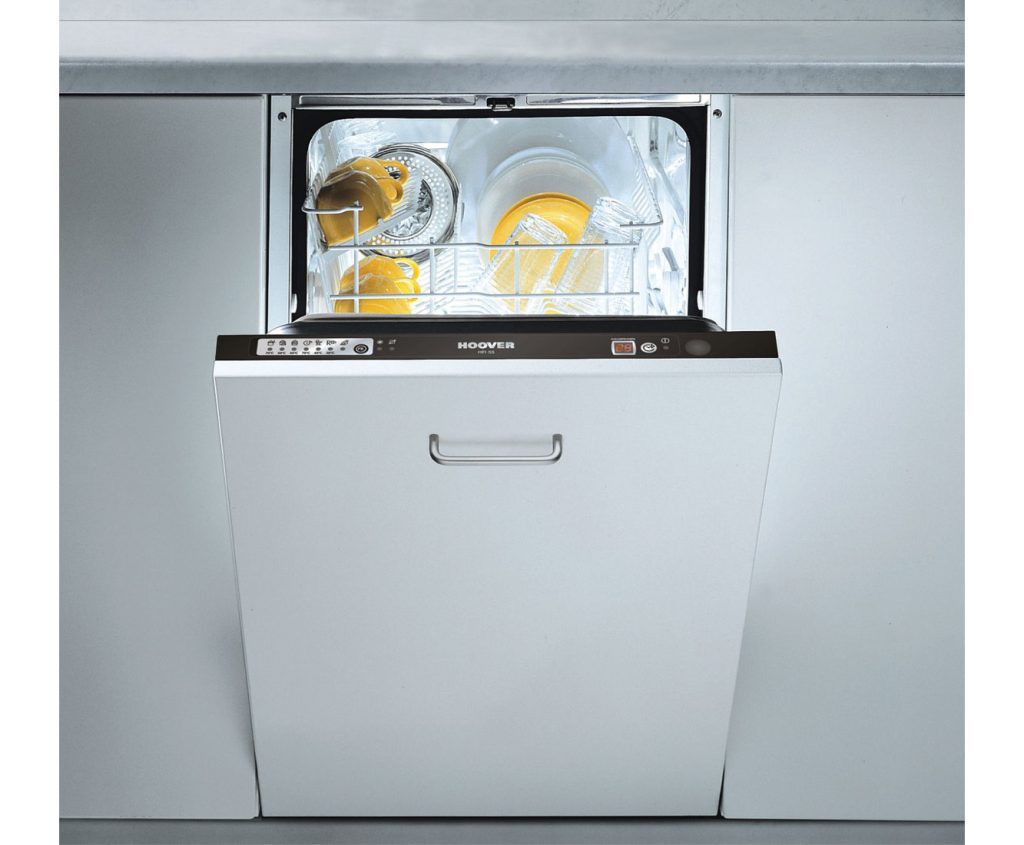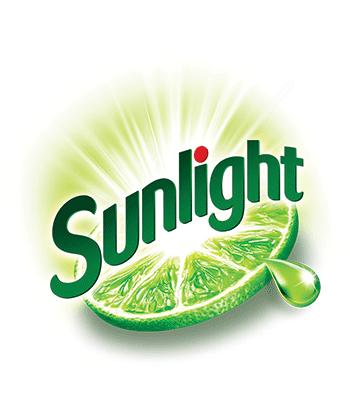
Glassware and glass baking dishes are some of the most frequently used items in the household, and as a result, some of the most often washed in the dishwasher. Unfortunately, sometimes our glass dishes don’t come out perfectly clean: that baked-on residue can be difficult for even the best dishwasher to remove fully remove. Over time the high temperatures of repeated washing in the dishwasher can cause cloudy stains on our fine stemware and everyday water glasses. Luckily both of these issues can be prevented so that you get the longest wear with the best shine from your glass kitchen items.
Hard water deposits
If you live in a hard water area, deposits might slowly build up in your dishwasher. These mineral deposits, like limescale, can cling to your glassware and dishes, causing a cloudy appearance. Fortunately,, this sort of cloudiness can be fixed and easily prevented if you follow the below tips.
• Give your dishwasher a regular cleaning with SUNLIGHT to help remove all the debris that can get left behind after a wash.
• Add SUNLIGHT Rinse Aid to your cycle to help ensure that water droplets that form on surfaces are dispersed before they can evaporate and leave behind any lime-scale residue or spots.

Glass corrosion
Unfortunately, if your home has soft water it can corrode your glassware over time, and this damage is irreversible. Glass corrosion can also be caused by long dishwasher cycles, heat exposure and poor-quality glass. In short, the wear and tear of time will affect your glass. Here are some tips for protecting your glassware from damage and age:
• When buying glassware, ensure that it is dishwasher safe.
• use sunlight to help protect your glassware from corrosion and keep them shiny for longer.
• If you have a water softener unit, check to make sure it isn’t .set too high
• For more delicate glassware, wash at a low temperature, or on a delicate or glass washing setting.
• Once your dishwasher cycle has finished, open the dishwasher to allow excess steam to escape. Modern machines take care of this with internal fans. Allow your glassware to cool in the washing machine before removing them.
• Avoid putting antique glass in the dishwasher at all, and if you aren’t sure whether a piece you really love is dishwasher safe, don’t risk it.
Now that you understand the underlying causes of cloudy glasses, read on to learn how to get those stains off your kitchen items and stemware before your next big dinner party.
How to clean glasses in the dishwasher
We use glasses every day, but dishwashing them over and over can sometimes take its toll on them. Here are some of our top tips for making sure your glasses come out sparkling every time.
1. Load your glasses onto the top rack, away from any other dishes. To fit taller glasses, or glasses that have a stem, you may have to lower the rack to make space, or lay them on their side, tilted to allow drainage. Make sure they’re not touching each other, as this could cause them to crack as they knock together.

2. To get the best results, use SUNLIGHT to help prevent watermarks and any extra washing and wiping after your dishwashing cycle has finished.
3. We know many people store glasses upside down: having the glass rest on its rim avoids dust and other nasties settling in the glass. But having it stand on its base means the part that you drink from isn’t contaminated by the bottom of a cupboard and runs less risk of getting chipped.
How to clean a glass baking dish in the dishwasher
What’s better than serving your famous casserole to friends and family? Not having to scrape and scrub at that casserole dish for hours after the party. Learn how to clean the toughest messes from you a burnt glass casserole dish using Finish® and be ready to host again in no time.
1. Check that it is dishwasher safe and if so, pop it in the dishwasher on the bottom rack.
2. Use a quality detergent like Finish Quantum which washes away residue for an amazing shine, even in the hardest water conditions.
3. .Allow your glass baking dish to air dry before removing it from the dishwasher and storing.